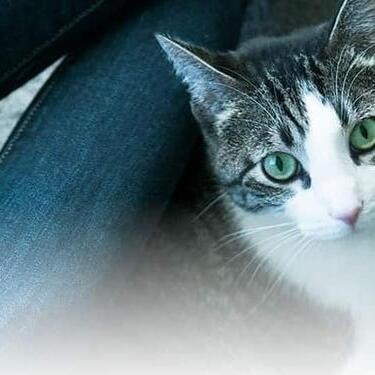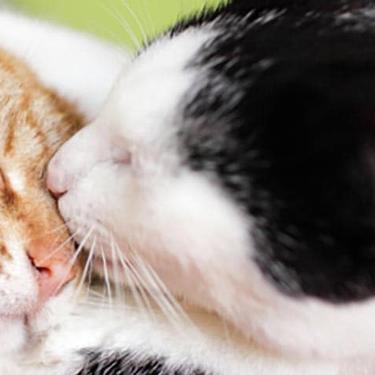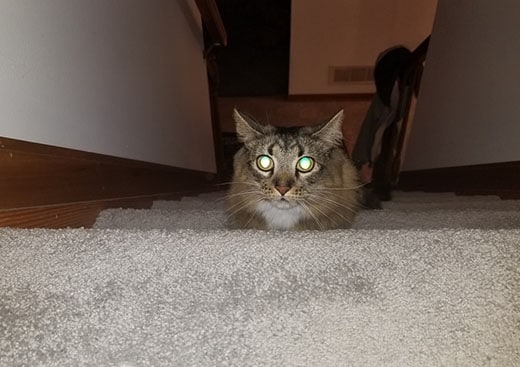
-
Find the right food for your petTake this quiz to see which food may be the best for your furry friend.Find the right food for your petTake this quiz to see which food may be the best for your furry friend.Featured products
 Adult Chicken & Barley Recipe Dog Food
Adult Chicken & Barley Recipe Dog FoodSupports lean muscle and beautiful coat for adult dogs
Shop Now Puppy Sensitive Stomach & Skin Salmon & Brown Rice Recipe
Puppy Sensitive Stomach & Skin Salmon & Brown Rice RecipeDelicious, highly digestible recipe, gentle on stomachs. Nourishes skin & promotes a lustrous coat
Shop Now Puppy Large Breed Chicken & Brown Rice Recipe
Puppy Large Breed Chicken & Brown Rice RecipeVital nutrients to support 5 essential building blocks for lifelong health
Shop NowFeatured products Kitten Chicken Recipe
Kitten Chicken RecipeVital nutrients to support 5 essential building blocks for lifelong health
Shop Now Adult Urinary Hairball Control Chicken & Rice Recipe Cat Food
Adult Urinary Hairball Control Chicken & Rice Recipe Cat FoodActively supports the health of the whole urinary system
Shop Now Adult 7+ Chicken Recipe Cat Food
Adult 7+ Chicken Recipe Cat FoodSupports energy level and beautiful fur in mature cats
Shop Now -
Dog
- Dog Tips & Articles
-
Health Category
- Weight
- Food & Environmental Sensitivities
- Urinary
- Digestive
- Joint
- Kidney
-
Life Stage
- Puppy Nutrition
- Adult Nutrition
- Senior Nutrition
Cat- Cat Tips & Articles
-
Health Category
- Weight
- Skin & Food Sensitivities
- Urinary
- Digestive
- Kidney
-
Life Stage
- Kitten Nutrition
- Adult Nutrition
Featured articles The Incredible Science Behind Your Pet's Microbiome
The Incredible Science Behind Your Pet's MicrobiomeLearn what a pet's microbiome is, how it contributes to your pet's gut & overall health, and why nutrition is important in maintaining healthy microbiomes.
Read More Water
WaterDiscover why water is the most important nutrient for your dog or cat to live a healthy life. Find out how much water your pet should consume each day.
Read More Pet Food Storage Tips
Pet Food Storage TipsDiscover how and where to store your dry, as well as canned, dog and cat food. Learn how to find the "best before" dates on all Hill's pet food packaging.
Read More -


Glowing cat eyes have conjured thoughts of the supernatural for thousands of years, but why do a cat's eyes glow? While it might be fun to joke that your cat X-ray vision, there are some actual scientific reasons behind that glow in their eyes.
How and Why Do a Cat's Eyes Glow?
A cat's glowing eyes are caused by incoming light reflecting off what's called the tapetum lucidum — Latin for "shining layer" — explains Cat Health. The tapetum is a layer of reflective cells; light bounces off it and reflects back to the cat's retina. This creates the appearance of a glow. ScienceDirect reports that this glow can appear in colors including blue, green or yellow.
Survival Skills
But glowing cat eyes don't just look cool — they serve a purpose. The tapetum increases retinal illumination in low lighting, explains American Veterinarian. That, in combination with the rods in their eyes, allows cats to detect changes in light and motion, skills that aid them in hunting in the dark.
Cats are crepuscular animals, meaning they do most of their hunting during twilight. This is when glowing eyes come in handy; they function like tiny flashlights, helping cats navigate through the shadows and distinguish between prey and predator. Your cat might be your favorite cuddle partner but, like their big cat cousins in the wild, they're also a hunter.


Tasty Tips
Cat Eyes vs. Human Eyes
Due to the structure of their eyes, including the tapetum, cats have better night vision than humans — but they can't make out sharp lines and angles. Everything looks a bit fuzzy to them.
Cats' eyes are also very efficient. According to the Cummings School of Veterinary Medicine at Tufts University, "cats need only 1/6th the illumination level and use twice as much available light as people."
Another awesome advantage cats have over humans: they can use their muscles to control how much light enters their eyes. When a cat's irises detect too much light, they turn their pupils into slits to absorb less light, explains the Merck Veterinary Manual. This muscle control also allows them to dilate their pupils on command, which broadens their field of vision and helps them find their way. (You may also notice dilated pupils when your cat's about to pounce, so watch out.)
Don't get frightened the next time you see your cat's eyes aglow — they're just trying to get a better look at you!


Christine O'Brien is a writer, mom, and long-time cat parent whose two Russian Blues rule the house. Her work also appears in Care.com, What to Expect, and Fit Pregnancy, where she writes about pets, pregnancy, and family life. Find and follow her on Instagram and Twitter @brovelliobrien.
Related products

Actively supports the health of the whole urinary system

Supports energy level and beautiful fur in mature cats

Supports lean muscle and beautiful fur for adult cats

Vital nutrients to support 5 essential building blocks for lifelong health
Related articles

Discover how to identify cat sensitive skin and what you can do to help your cat thrive from head to paw.

Brushing your cat's teeth is just as important as brushing your own. Learn signs or oral health problems in your cat and how to avoid them.

What is the best food for an overweight cat? Learn all about weight control food for cats, including what's in it and how it works.

Learn the different factors that might be contributing to your cat's weight gain, and how bigger doesn't always mean better.

Put your cat on a diet without them knowing
Our low calorie formula helps you control your cat's weight. It's packed with high-quality protein for building lean muscles, and made with purposeful ingredients for a flavorful, nutritious meal. Clinically proven antioxidants, Vitamin C+E, help promote a healthy immune system.
Put your cat on a diet without them knowing
Our low calorie formula helps you control your cat's weight. It's packed with high-quality protein for building lean muscles, and made with purposeful ingredients for a flavorful, nutritious meal. Clinically proven antioxidants, Vitamin C+E, help promote a healthy immune system.


